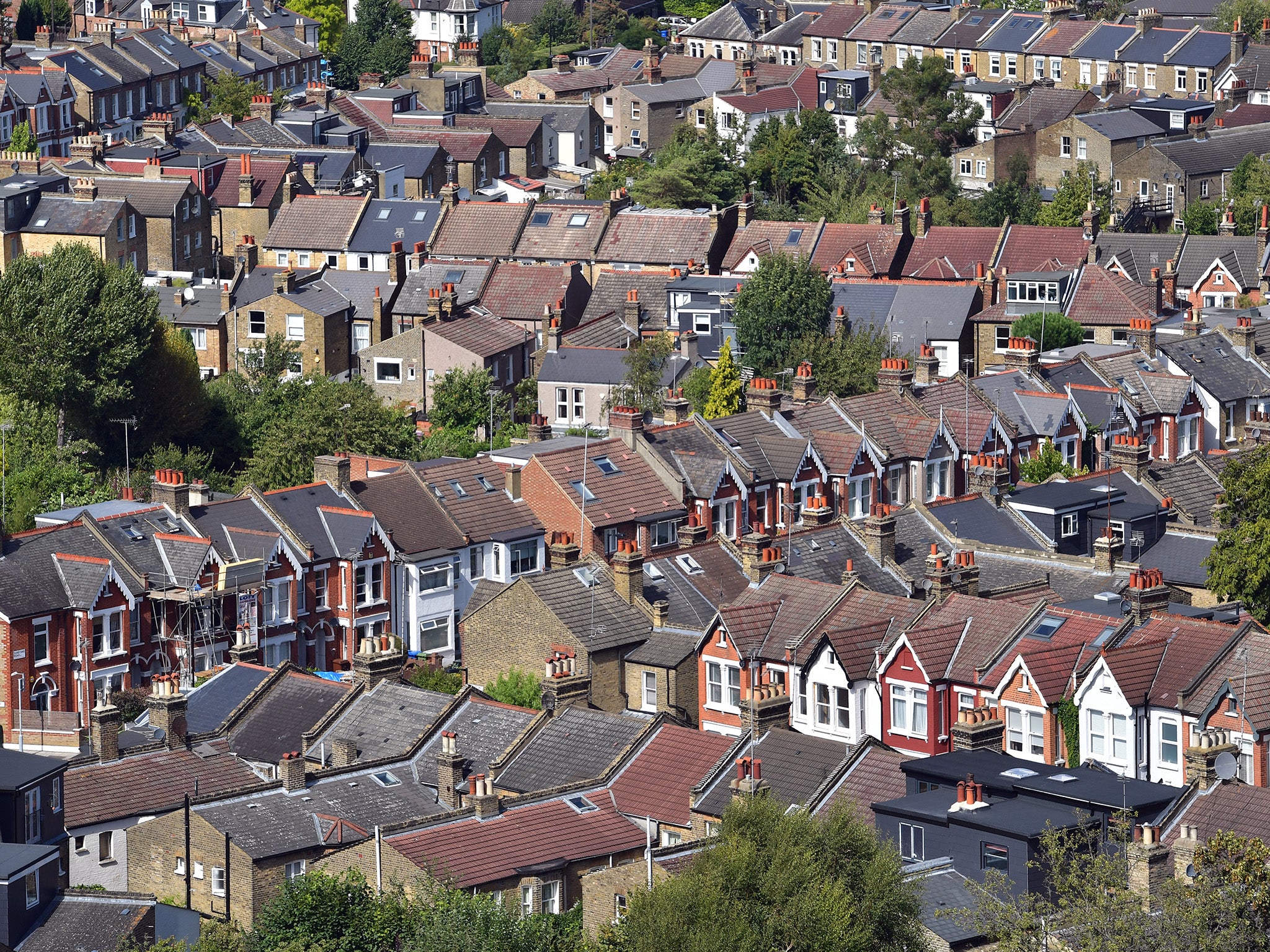Millions fail to report crime in case it affects property prices
One in 10 adults have witnessed or been a victim of crime, but won't report it for fear of the impact on their home's valuation

Your support helps us to tell the story
From reproductive rights to climate change to Big Tech, The Independent is on the ground when the story is developing. Whether it's investigating the financials of Elon Musk's pro-Trump PAC or producing our latest documentary, 'The A Word', which shines a light on the American women fighting for reproductive rights, we know how important it is to parse out the facts from the messaging.
At such a critical moment in US history, we need reporters on the ground. Your donation allows us to keep sending journalists to speak to both sides of the story.
The Independent is trusted by Americans across the entire political spectrum. And unlike many other quality news outlets, we choose not to lock Americans out of our reporting and analysis with paywalls. We believe quality journalism should be available to everyone, paid for by those who can afford it.
Your support makes all the difference.The true extent of the British obsession with property means millions of adults wouldn't report a crime in case it appeared in crime stats in their neighbourhood.
With around half of all prospective buyers checking how a particular postcode fares before signing on the dotted line and an estimated 24 million of us refusing to live in a high-crime area, 4.5 million British adults have or would turn a blind eye rather than risk the possibility of devaluing their home or making it more difficult to rent, new research from Direct Line has found.
A third of prospective buyers would look for a discount on a property or reduction in rent that turned out to be in a high-crime area.
Newcastle residents fear the crime stigma the most with 15 per cent saying they wouldn't report crime, ranging from anti-social behaviour to arson and robbery, including violent or sexual offences. Birmingham, London and Glasgow residents are also those least likely to call the police. They would also encourage their neighbours to do the same.
But it may come back to bite them when it comes to insurance claims.
“We are a nation obsessed with property and this has even filtered through to how we report crime with some homeowners concerned about doing anything that could devalue their home," says Rebecca Clapham, head of household products at Direct Line. "It’s frightening that people are turning a blind eye to crime, with some going unreported as a result. People need to remember that the purpose of a crime map is to analyse crime to help law enforcement and to evaluate crime prevention strategies, not to devalue a property.
“Our homes contain some of our most prized possessions and so it’s important to make sure they are properly protected. It’s concerning that burglary is one of the top three unreported crimes, especially as you need a crime reference number during the claims process when the loss or damage is as a result of a crime. If you haven’t reported the crime you won’t be able to have this and you may find your claim is rejected.”
Most common unreported crimes
| Anti-social behaviour / public order offence | 33% |
| Vehicle crime | 25% |
| Burglary / shoplifting | 24% |
| Robbery / theft from person (including bicycle theft) | 21% |
| Drugs | 21% |
| Criminal damage / arson | 20% |
| Possession of weapons | 19% |
| Violent or sexual offences | 15% |
| Other crime | 6% |
Source: Direct Line 2016
Join our commenting forum
Join thought-provoking conversations, follow other Independent readers and see their replies
Comments